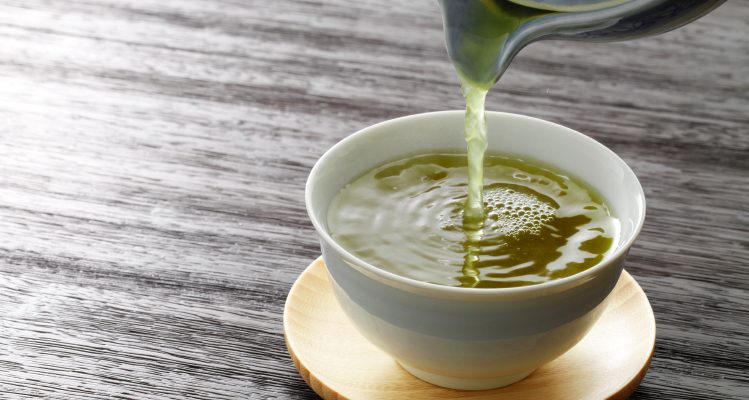
Steep Tea Longer to Double Power of Antioxidants!
Composer John Tesh took to Twitter on Tuesday to provide advice to his followers on how to properly steep tea to fully reap its benefits:
“Drinking tea? Let it steep 5 mins (instead of 2) b4 sipping. That’ll release DOUBLE the antioxidants linked to lowering disease risk. #IFYL”
Drinking tea? Let it steep 5 mins (instead of 2) b4 sipping. That’ll release DOUBLE the antioxidants linked to lowering disease risk. #IFYL
— John Tesh (@JohnTesh) March 1, 2016
Tesh never indicated whether he was referring to black or green tea, but with either type, the advice is solid! Tea should be steeped for longer than two minutes, but not more than eight minutes because then it will start to get bitter.
Green tea is an excellent beverage to drink for good health, and part of the reason has to do with the high amount of antioxidants found in green tea. Green tea is made from the same leaves (Camellia sinensis) as black tea, oolong, and white tea, but green tea hasn’t been fermented as long and doesn’t get oxidized as much as black tea. It is the oxidization process that turns green tea into black tea.
Green tea is one of the most consumed beverages in the world. It is the drink of choice in China and Japan, and yet only 15% of Americans drink tea daily. Studies show that drinking green tea can help with cancer prevention and reducing high blood pressure.
A study published in Molecular Nutrition & Food Research indicates that the combined effects of time and hot water are what release the antioxidants in tea. Scalding water is the best to use so make sure your water has been boiled for a minute or two. Then add the tea bag or leaves and let it steep for three to four minutes. That seems to be the perfect window to maximize the antioxidants from the brew.
Enjoy your tea—and drink your way to numerous health benefits.
Related :
- Green Tea Diet: Everything You Need to Know
- Barley Tea: 15 Benefits of Barley Tea on Your Health
- Cinnamon Tea: 5 Benefits and Easy to Make Recipes
Sources for Today’s Article:
Forester, S. C., et al., “Antioxidant effects of green tea,” Molecular Nutrition & Food Research, 2011; 55(6): 844–854; doi: 10.1002/mnfr.201000641, last accessed March 2, 2016.
Matthews, C.M., “Steep your genes in health: drink tea,” Proc (Bayl Univ Med Cent). 2010 Apr; 23(2): 142–144; last accessed March 2, 2016.
John Tesh, Twitter. 12:45 PM – 1 Mar 2016.
https://twitter.com/JohnTesh/status/704724173277384704.














